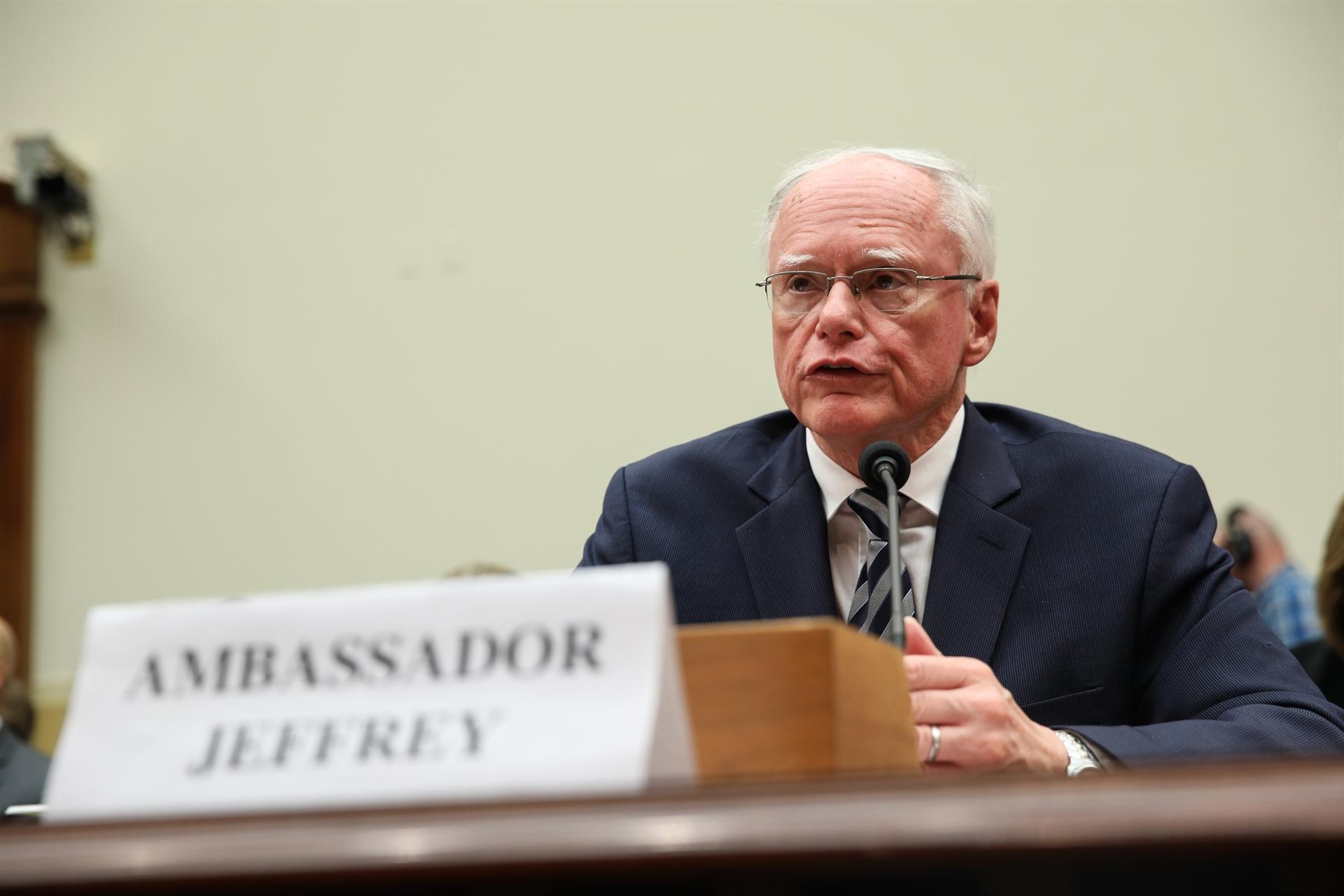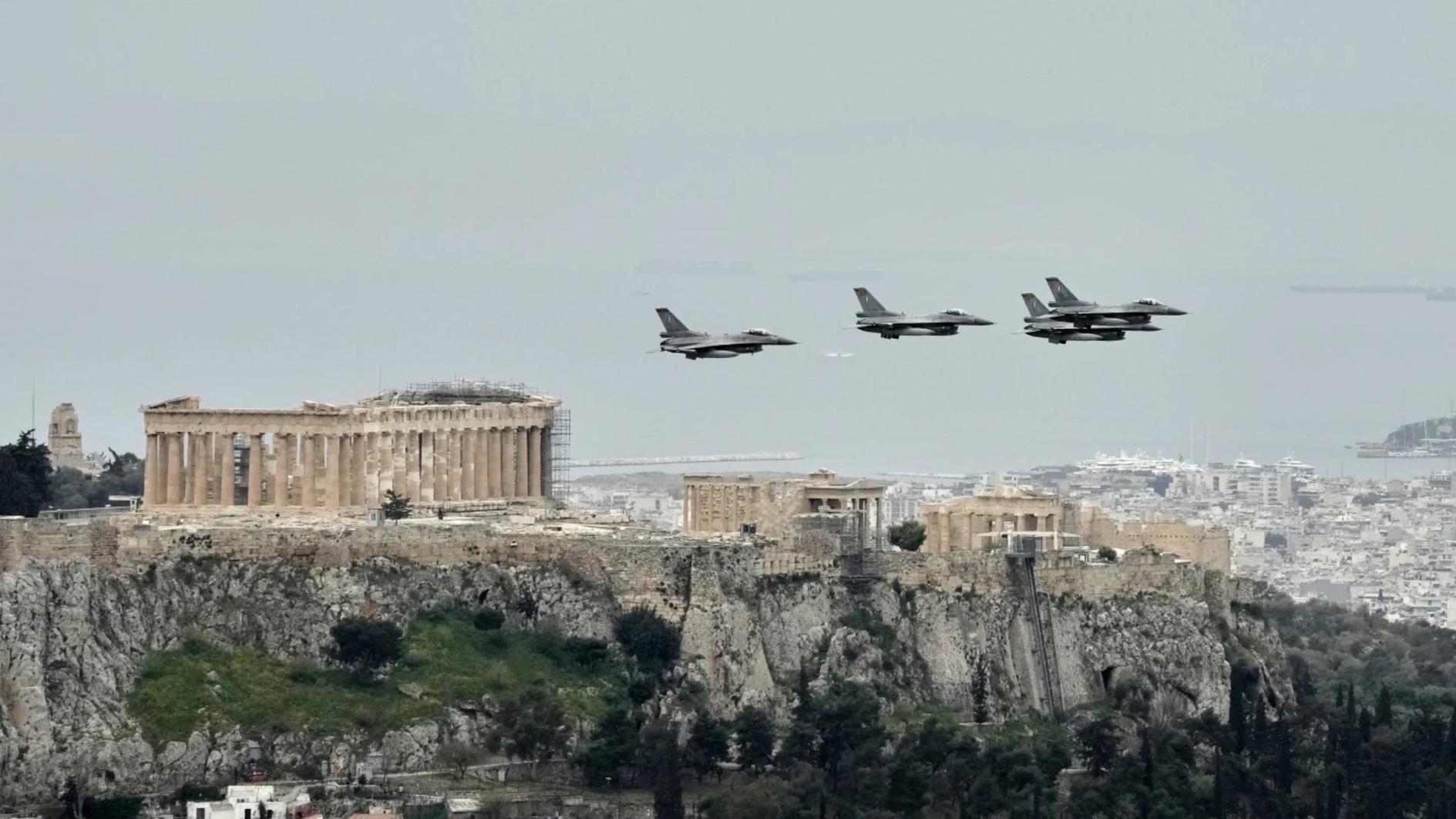Washington knows PKK-YPG ties: Envoy
WASHINGTON

U.S. President Donald Trump is aware of the ties between the YPG and the illegal PKK, his special envoy for Syria and the global coalition to defeat ISIL said on May 22.
“The president is aware of the traditional and political links between much of the SDF Kurdish movement and the PKK and the long and very tragic history of the PKK and its efforts to try to overthrow the Turkish government,” James Jeffrey told the House Foreign Affairs Committee, referring to the umbrella group spearheaded by the YPG.
Turkey deems the YPG as the Syrian offshoot of the PKK, which is listed as a terrorist organization by Turkey, the United States and the European Union.
Jeffrey further said while the United States recognizes that Turkey does have security concerns in northern Syria, Trump does not want the SDF and Turkey to engage in hostilities.
“The way we have done this is to work with the Turks and with our local allies and partners to set up a safe zone of indeterminate depth where only local, essentially police, would be present, and the Turks would have eyes on, we would have eyes on, and we would work this in a way with the SDF, who we’re negotiating with, and with the Turks,” he said.
Jeffrey acknowledged that there has not, to this point, been an agreement between the parties, however. He said the U.S. position is that the proposal “is the only secure way forward for all the people involved”.
Jeffrey said Turkey’s concern in northern Syria is the creation of a second Qandil Mountain, referring to the PKK’s operation headquarters in northern Iraq.
That area, Jeffrey said, has been used by the PKK “to project terrorist attacks into Turkey since 1984.”
“Turkey has a very legitimate concern about a second Qandil Mountain being created in northern Syria. We understand that concern,” he said, referring to the proposed safe zone as the solution to that problem.
Still, he disputed whether Turkey’s 30- kilometer (18.6-mile) request for the zone is feasible, “so we’re going back and forth with them on how deep the safe zone would be.”
















